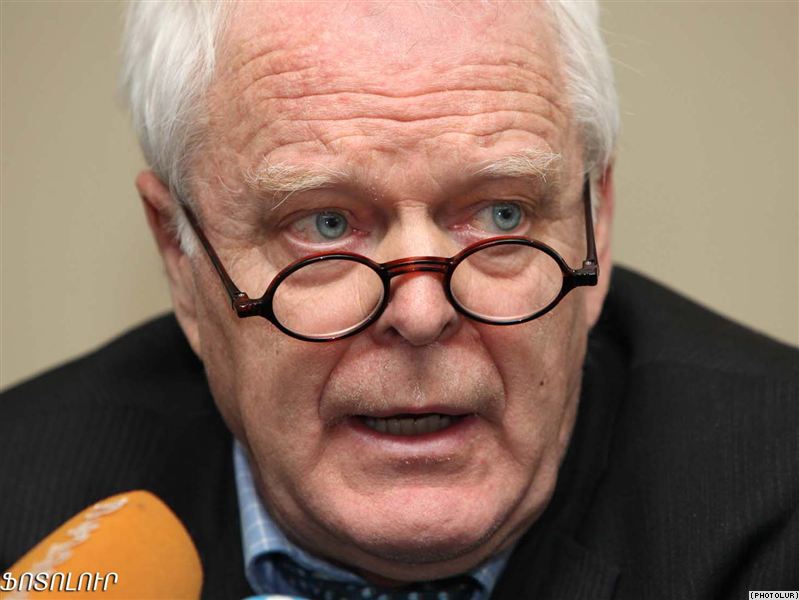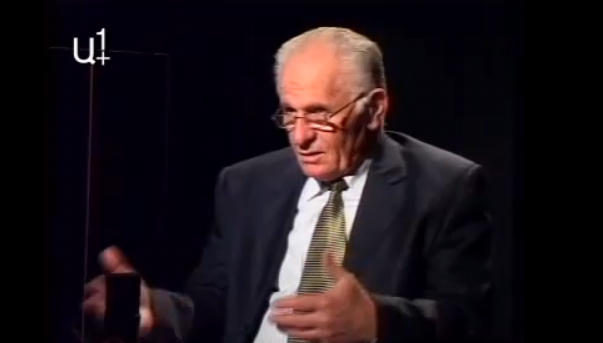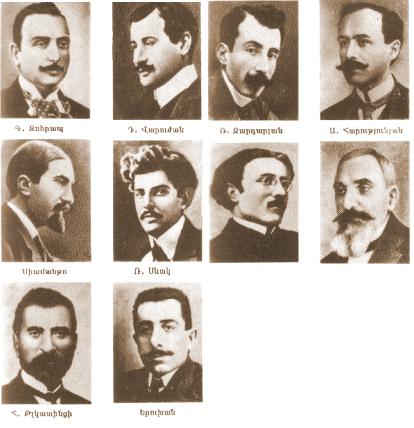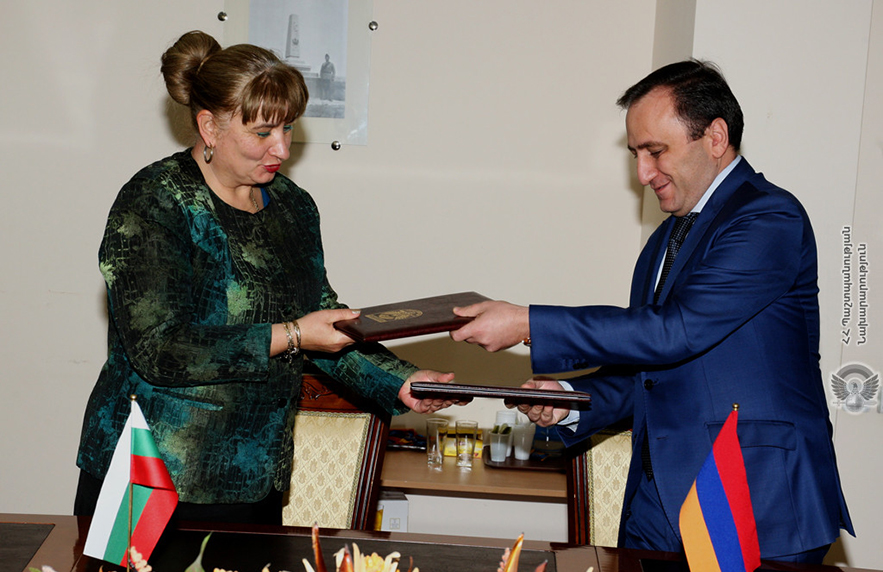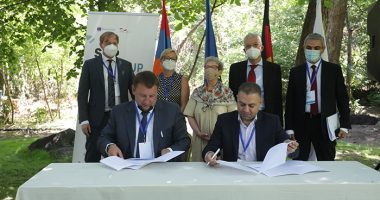

Ending a four-day fact-finding visit to the country, Hammarberg did not rule out a quick release of the nine oppositionists jailed in connection with the unrest and a disputed presidential election that preceded it. He also made clear that the Council of Europe and its Parliamentary Assembly (PACE) is unlikely to impose sanctions on Armenia’s government.
“There are still some people in prison because of the connection they have with the March 2008 events,” he told a news conference. “I have discussed these cases with the authorities and appealed for their release.”
“I feel that these people should not be kept in prison because the sentences against them had a political consideration, political dimension behind them,” he said.
Asked whether the individuals regarded by the Armenian opposition and human rights groups as political prisoners could be set freed soon, Hammarberg replied, “There were no replies [from the authorities,] but I have the impression that they are thinking. We will see.”
“I wouldn’t exclude any measures that I hope I have contributed to,” added the Council of Europe commissioner for human rights.
The PACE had called for an objective and thorough investigation into the circumstances of the March 2008 clashes that left eight opposition protesters and two security personnel dead. Despite the mass arrests, the authorities failed to prosecute anyone in direct connection with those deaths.
Hammarberg expressed “deep concern” at Armenian law-enforcement bodies’ failure to solve any of those killings. “The failure of these investigations is very serious because it means in reality that these cases have not been clarified and there is a problem there with impunity,” he said.
While in Yerevan, the German commissioner also discussed what the Council of Europe sees as a lack of pluralism in Armenia’s broadcast media dominated by TV and radio stations loyal to the government. He said he specifically addressed the authorities’ reluctance to give new licenses to the A1+ and GALA channels.
“I think that the system, as it works today, does not guarantee that pluralism,” Hammarberg said. Still, he stopped short from explicitly urging the authorities to let A1+ resume broadcasts after a nearly decade-long shutdown.
The Positive Outcomes of the Brussels Meeting
By: K. KHODANIAN Last September, Azerbaijani troops invaded Artsakh, prompting over…
- MassisPost
- April 14, 2024
- No comments
- 2 minute read
It’s Not Armenia That Has Distanced Itself From Russia, but Rather the Other Way Around
By K. KHODANIAN Armenia and Russia are experiencing notable tensions in their…
- MassisPost
- April 7, 2024
- No comments
- 2 minute read
Stating the Obvious: Kigali Genocide Memorial and the Armenian Genocide
Gomidas Institute Initiates Campaign on Kigali Genocide Memorial and the Armenian…
- MassisPost
- April 7, 2024
- No comments
- 3 minute read
How an Armenian Family Helped in Building Modern Egypt
By ARUNANSH B. GOSWAMI Recently the author of this article was in…
- MassisPost
- April 5, 2024
- No comments
- 5 minute read

